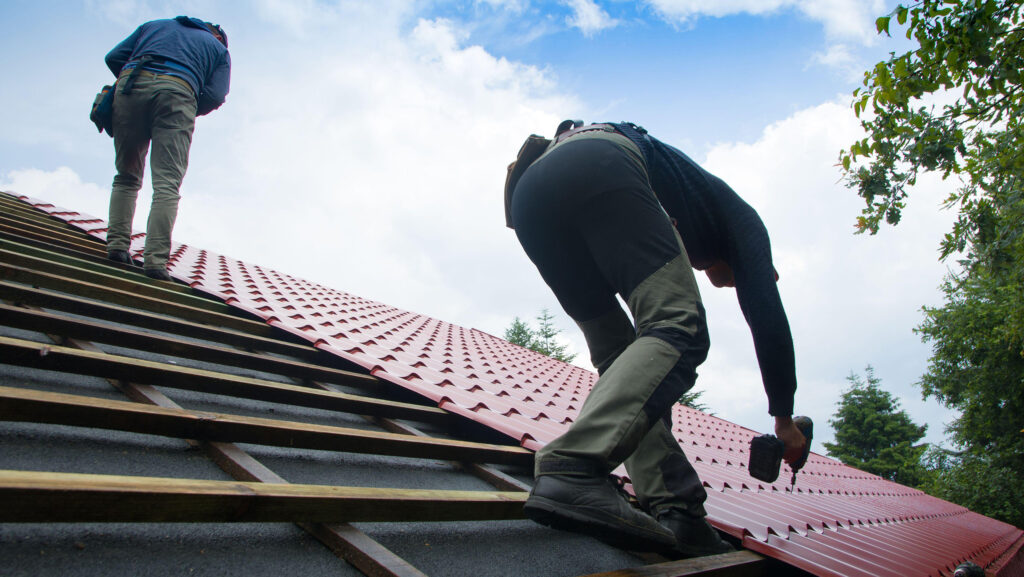Business Clinic: Tax advice for farmworker cottage construction
 © Petro Perutskyi/ Alamy Stock Photo
© Petro Perutskyi/ Alamy Stock Photo Whether it’s a legal, tax, insurance, management or land issue, Farmers Weekly’s Business Clinic experts can help.
Here Victoria Dadswell, tax director, MHA, advises on the tax implications of a development of farmworker cottages.
See also: Business Clinic – should we use discretionary trust to protect farm assets?
Q: We have planning permission to build a pair of semi-detached farmworker cottages and would like some tax advice before we start construction.
Are there any timing considerations, or allowances that we may not know about? These will be business assets – what expenses and costs can we claim in this project and is there anything we might be missing?
A: The construction of farm cottages for agricultural workers is a topic which prompts much discussion.
Once constructed, where a cottage is provided rent free for a farm employee, related expenditure which is revenue in nature i.e utilities, business rates, incurred for the purpose of the trade, is an allowable deduction in computing the farm profits.
While a farm cottage is considered an agricultural building for many areas of taxation, capital allowances cannot be claimed on the capital costs incurred when constructing residential properties.
Unfortunately, therefore, no allowances are claimable on the construction of the building or the fittings within it.
Keep records of costs
However, records of all costs incurred should be maintained and will be relievable against any capital gain should the cottages ever be sold (or gifted?).
If another business asset has been sold 12 months prior to incurring the building costs or 36 months after, which gives rise to a capital gain for tax purposes, it may be possible to roll over this gain into the build costs of the cottages, deferring the tax payable.
VAT issues
The general rule for VAT on the construction of a new dwelling is that it is a zero-rated supply, meaning no VAT would be charged on the supply of the building services and materials involved.
Whether this applies to this situation will depend on the self-contained nature of the living accommodation and terms of the planning.
For example, if the planning contains restrictions which prevent future disposal of the cottages as dwellings separate to the farm as a whole, this will prevent zero-rating of their construction.
If the build costs cannot be zero rated, there are a number of settled VAT cases supporting a 70% VAT reclaim by reference to business need to have workers on site.
This percentage would also apply to ongoing repairs, maintenance, utilities and so on. The facts of each case must be considered on an individual basis – as is inevitable on such matters, there are other cases that suggest a different percentage.
This is a highly complex area, both in relation to use and disposal of the cottages and the recovery of VAT on both construction and ongoing utilities. I would recommend specialist advice is sought.
Do you have a question for the panel?
Outline your legal, tax, finance, insurance or farm management question in no more than 350 words and Farmers Weekly will put it to a member of the panel. Please give as much information as possible.
Email your question to FW-Businessclinic@markallengroup.com using the subject line “Business Clinic”.
